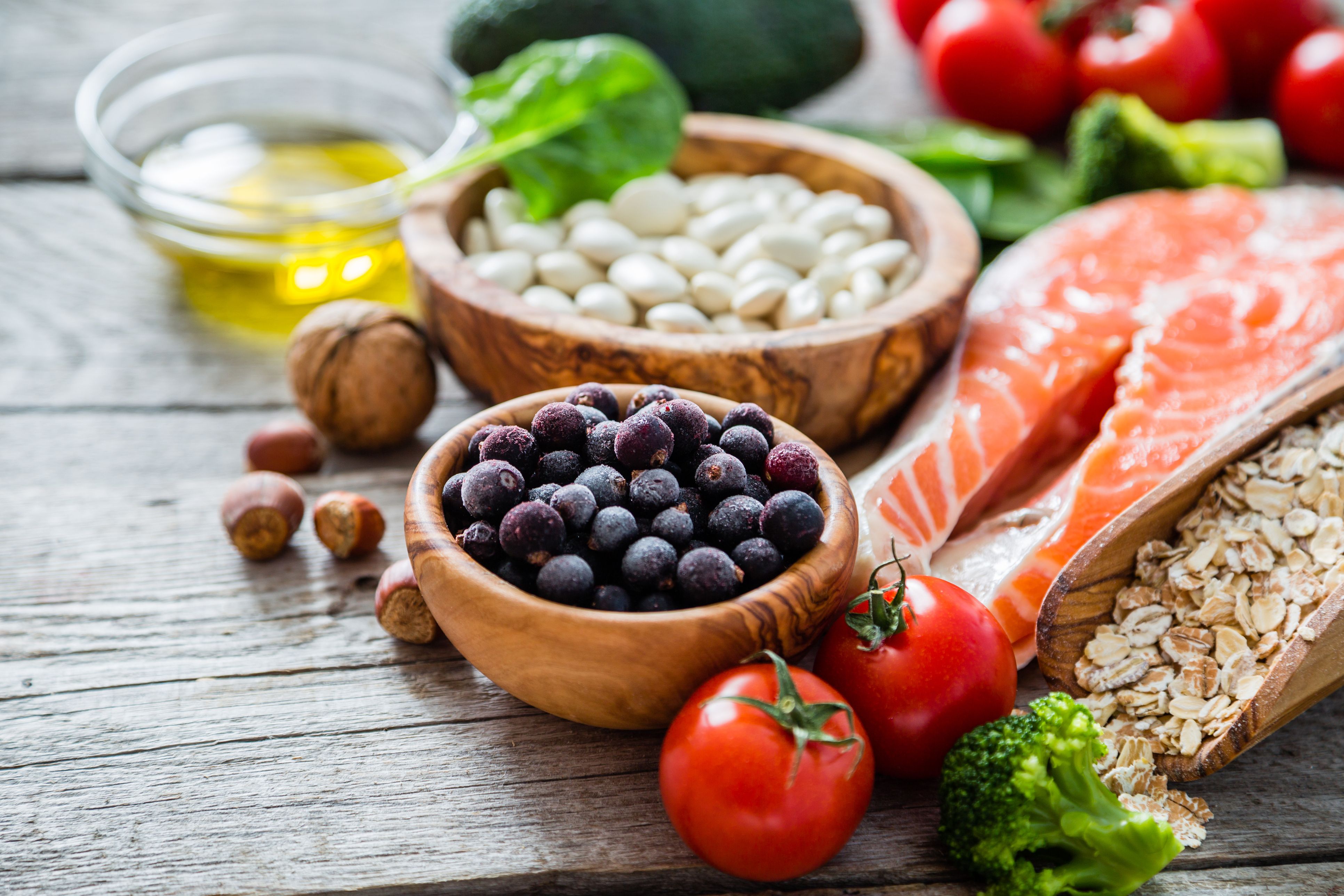Baltimore (June 9, 2019) – The ingredients and nutrients a female consumes whilst pregnant have vital health implications for her and her child. Nutrition 2019, the American Society for Nutrition’s annual assembly, will function new studies on prenatal vitamins, toddler supplements, and the impacts of a mom’s diet in the course of being pregnant and after the toddler is born. Nutrition 2019 is being held June 8-11, 2019, at the Baltimore Convention Center. Contact the media team for more statistics or to reap a loose press pass to attend the assembly.
Studies observe dosage and labeling of not unusual dietary supplements

Many prenatal dietary supplements incorporate an excessive amount of folic acid. Consuming folic acid before being pregnant helps save you delivery defects. A new observed maximum prenatal dietary supplements had been labeled as containing extra folic acid than the modern recommended each day consumption.
The take a look also revealed exceptional companies and clinical bodies offer conflicting messaging across the ideal consumption of folic acid (from dietary supplements) and folate (from meals) during pregnancy. Nancy Potischman, National Institutes of Health, will gift this research on Sunday, June 9, from 1:45 – 2:45 p.m. Inside the Baltimore Convention Center, Halls A-B (poster #268) (summary).
Prenatal vitamins frequently have nutrient content better than categorized.
Chemical evaluation of the contents of 24 prenatal multivitamins representing about 60 percent of the prenatal multivitamin merchandise bought through U.S. Pharmacies in 2015-2016 revealed that most contained greater quantities of vitamins and minerals that was declared on the label, possibly to account for viable losses during storage.
The biggest difference became seen for diet D, with supplements containing 29 percent extra diet D than indicated on product labels. By presenting a greater correct picture of dietary supplements’ contents, the findings can help scientists look at the impacts of nutrients on fitness effects, researchers say. Karen W. Andrews, U.S. Department of Agriculture, will present this research on Sunday, June 9, from 4:45 – 5:00 p.M. Inside the Baltimore Convention Center, Room 317 (abstract).
Vitamin D supplementation improves infants’ increase.
Babies born with low diet shops can have troubles with a bone increase, and the American Academy of Pediatrics recommends kids get a minimum of four hundred International Units of nutrition each day. In a current clinical trial, newborns with low vitamin D stores who have been given a better dosage (1,000 IU/day) of nutrition D supplementation extra rapidly constructed up their stores and received greater lean frame mass through 6 months of age in comparison to those given the standard of care (400 IU/day).
Compared to a collection of toddlers born with excellent diet D shops, the toddlers receiving the 1,000 IU/day intervention regarded to have ordinary lean mass. Maryam Razaghi, McGill University, will gift this research on Monday, June 10, from 12:45 – 1:45 p.M. Within the Baltimore Convention Center, Halls A-B (poster #301) (summary).
Insights on staying healthy while you’re ‘investing for two.’
Evidence that ingesting properly earlier than being pregnant lowers the chance of preeclampsia
While scientists aren’t certain what causes the damaging being pregnancy, hardship preeclampsia, or a way to save it for you, a new look at indicates diet performs a role. Among greater than 20,000 pregnancies, researchers determined girls who followed a more fit weight-reduction plan earlier than getting pregnant had been drastically much less likely to expand preeclampsia.
Diet satisfaction became assessed based on adherence to the American Heart Association nutritional recommendations and the Dietary Approaches to Stop Hypertension (DASH) nutritional sample. Mariel Arvizu, Harvard T.H. Chan School of Public Health, will present this research on Tuesday, June 11, from 11:45 a.M. – noon within the Baltimore Convention Center, Room 317 (summary).








